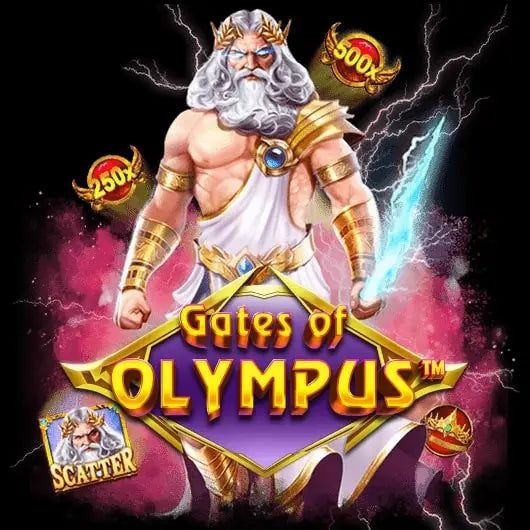1
/
of
1
JUDOLBET88
JUDOLBET88 >> Daftar Situs Slot Gacor Online Hari Ini Terbukti Mantap
JUDOLBET88 >> Daftar Situs Slot Gacor Online Hari Ini Terbukti Mantap
Regular price
Rp 5.000,00
Regular price
Sale price
Rp 5.000,00
Unit price
/
per
JUDOLBET88 mempersembahkan permainan slot gacor hari ini terbukti paling mantap dengan bonus slot online terbaru paling besar di tanah air segera daftar dan login sekarang !


.webp)